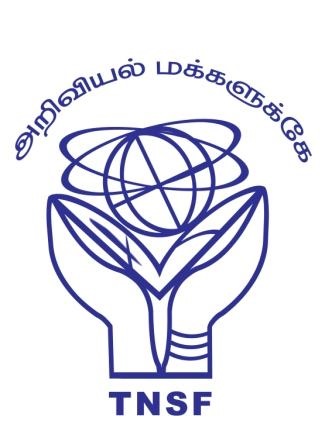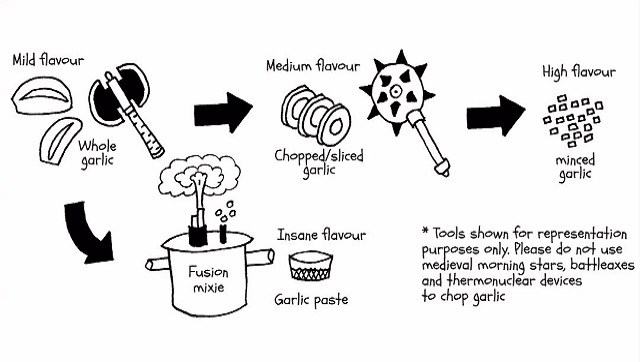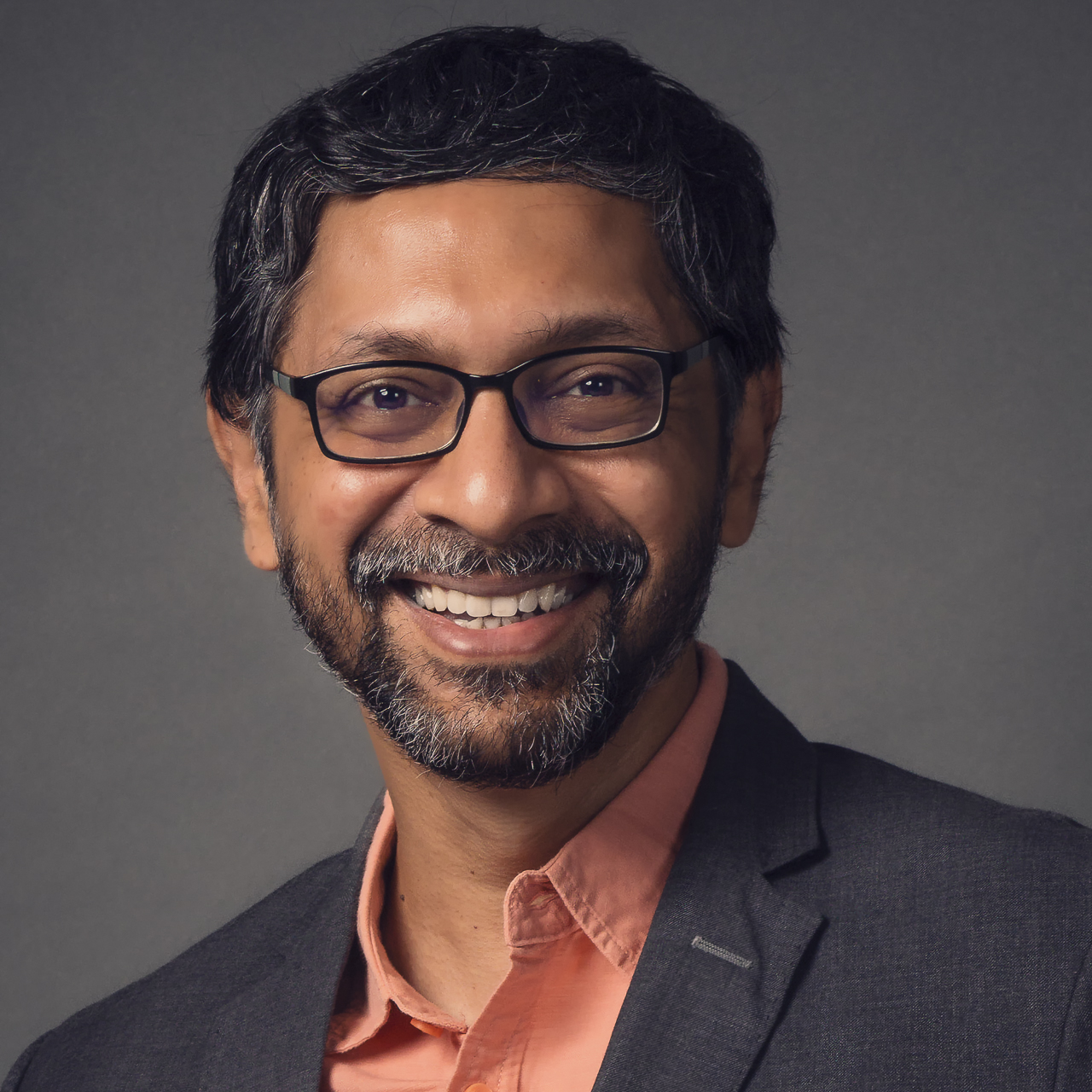About Program

This is part of its efforts to popularize science to the general public and students who are pursuing science as their career. TNSF attempt to focus on students on higher science as everyone knows that learning of science at college within the curriculum is not enough to acquire holistic knowledge of science at the appropriate time. Hence, to fill the gap between what students are acquiring through the curriculum and what it is required, TNSF is planning its activities on higher science to students who are pursuing higher education.

About the Lecture This talk will be a light-hearted exploration of the simple science (physics, chemistry, biology, evolutionary biology, material sciences and neuroscience) of Indian food told through the story of a single dish, and in the process, address some of the common pseudoscientific beliefs about food, diet and nutrition that are prevalent in Indian society.
